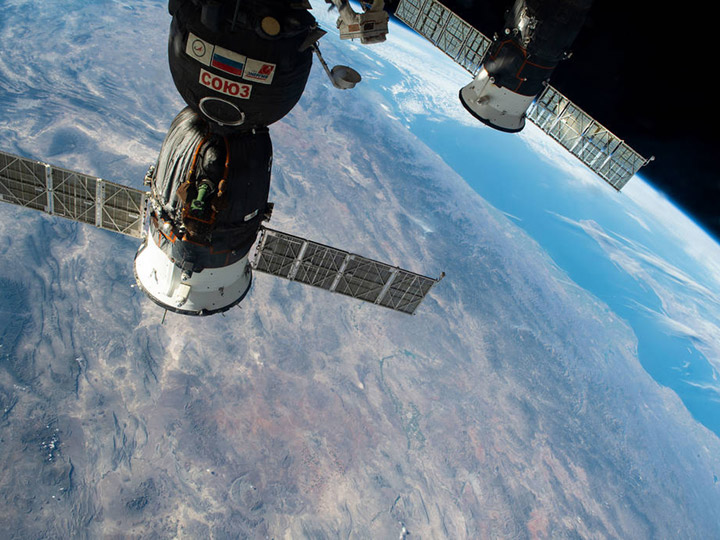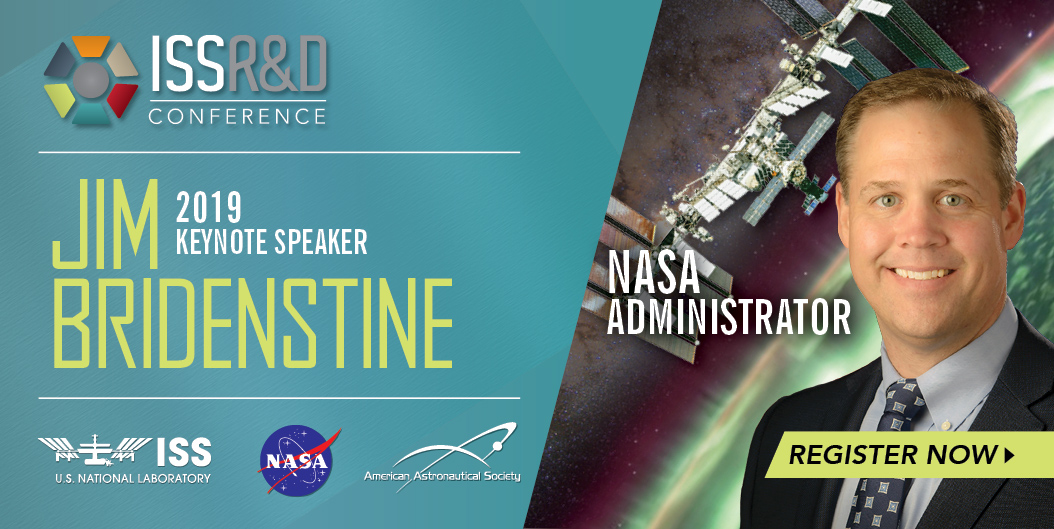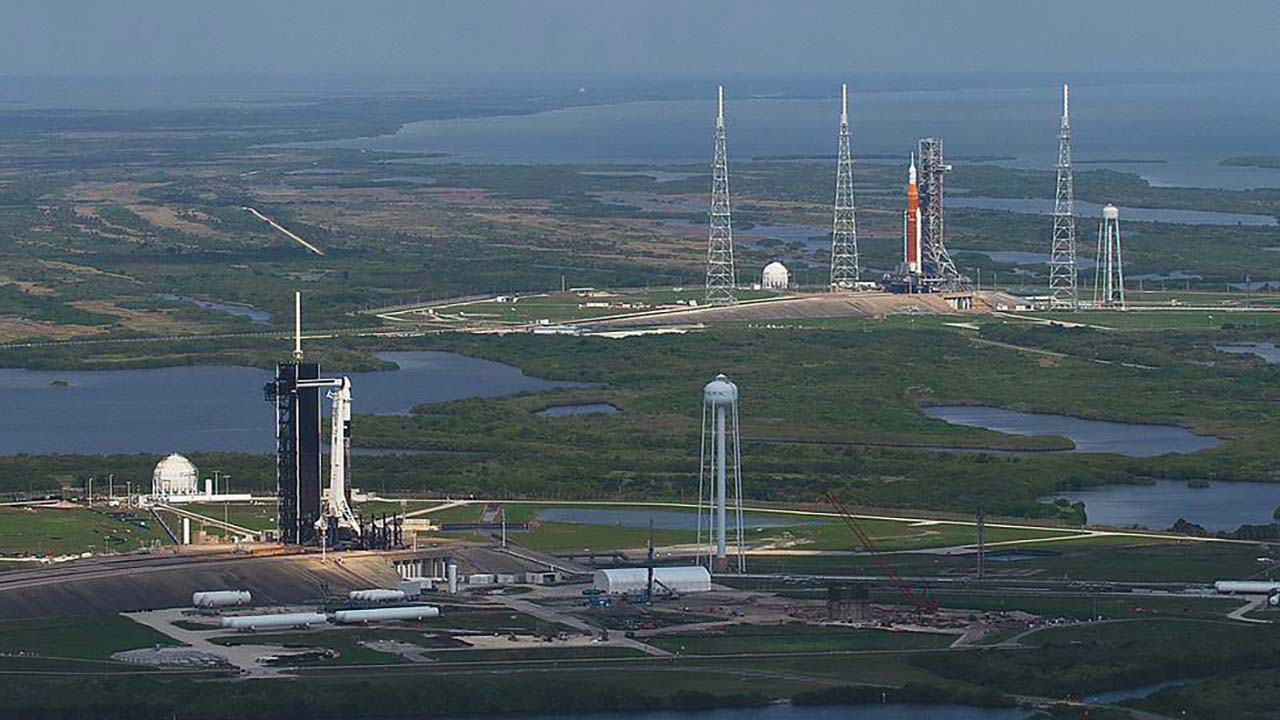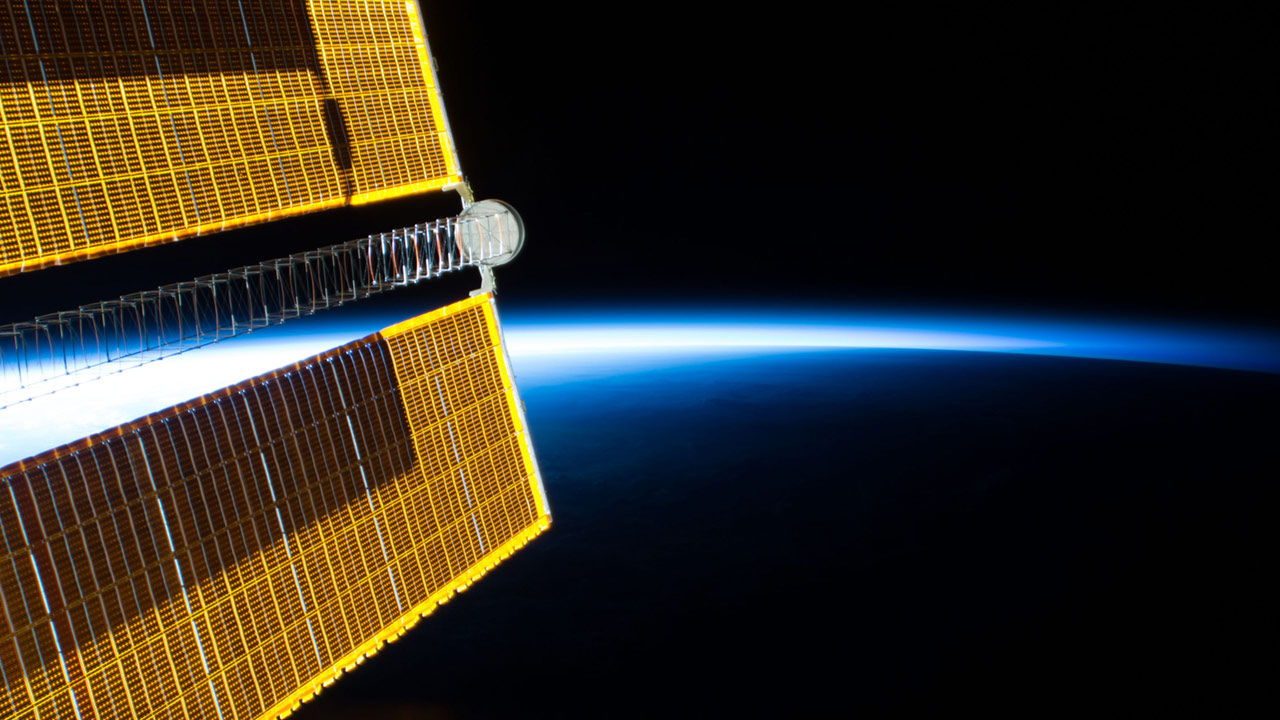This week, representatives from the International Space Station (ISS) National Lab are in Austin, Texas for Destination Station outreach. Each year, the ISS National Lab teams up with NASA to visit multiple U.S. cities as part of Destination Station, a free event where the public can learn about the ISS and interact with astronauts and scientists.
Destination Station also provides an opportunity for the ISS National Lab and the NASA Program Science Office to collaboratively engage with state representatives and local thought leaders from well-known companies and organizations to discuss ISS capabilities and showcase the innovative research and development possible on station. Through such outreach, companies and organizations come to understand how the unique environment of the ISS enables inquiry not possible on Earth and accelerates discovery.
The Destination Station outreach model demonstrates how the powerful partnership between NASA and the ISS National Lab is maximizing use of the ISS and increasing accessibility to humankind’s only orbiting laboratory. Over the years, numerous ISS National Lab partnerships and investigations have stemmed from Destination Station events, including those highlighted below.
Eli Lilly and Company
Pharmaceutical giant Eli Lilly and Company has conducted multiple investigations on the ISS National Lab to improve medicines on Earth. Lilly has leveraged the microgravity environment of the ISS for rodent research to test the efficacy of a new drug (an anti-myostatin antibody) to treat muscle atrophy and for studies aiming to crystallize medically relevant protein complexes for structure-based drug-design. The company has also conducted two investigations aimed at improving drug formulations—one seeking to understand gravity’s influence on the properties of lyophilized (i.e., freeze-dried) materials and one to evaluate the fundamental processes involved in the wettability and dissolution of hard-to-wet solids.
Delta Faucet
Delta Faucet Company, widely recognized for their kitchen and bathroom appliances, seeks to use the ISS National Lab to further improve their proprietary H2OKinetic® shower head technology. This technology enables better control of water droplet size to create larger drops of water and increases the speed of the drops as they leave the shower head, resulting in a feeling of increased pressure while using less water. By evaluating water droplet formation and flow in microgravity, Delta Faucet aims to better understand gravity’s effects on water droplet formation size.
Target Corporation
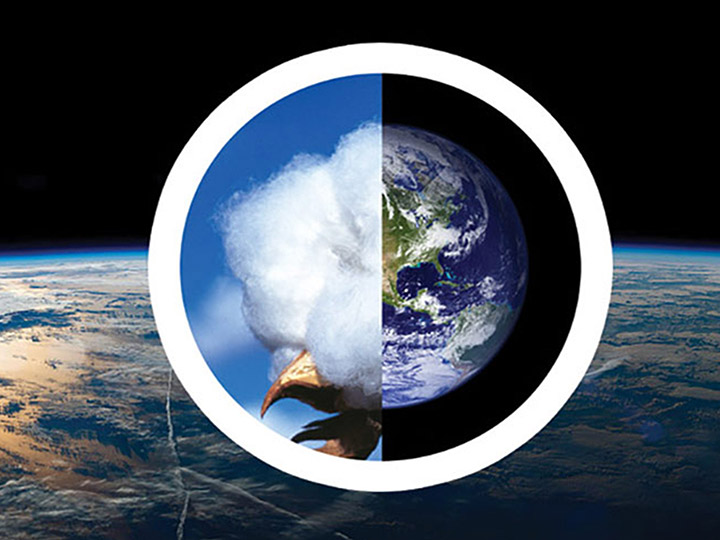
The ISS National Lab partnered with Target Corporation for the ISS Cotton Sustainability Challenge, which sought to generate ideas for leveraging the ISS National Lab to improve the use of natural resources such as water for sustainable cotton production. In April 2018, the ISS National Lab and Target Corporation announced the selection of three projects—one investigation aiming to provide real-time information to farmers to better manage water use and crop production and two investigations that could eventually lead to the development of cotton plants that use water more efficiently.
Sanofi Pasteur
Major pharmaceutical company Sanofi Pasteur is using the ISS National Lab to explore the mechanisms involved in viral replication and production, toward cell-based manufacturing of influenza vaccines. Microgravity may enhance influenza replication, providing insights on how researchers could improve viral yield in cell cultures, which is the most important cost driver in vaccine manufacturing. Results from this investigation could help improve cell-based vaccine production methods, making them more cost-effective.
AstraZeneca
AstraZeneca, another major pharmaceutical company, is conducting several investigations on the ISS National Lab. One project, currently scheduled to launch on SpaceX’s 17th commercial resupply services mission next week, seeks to evaluate nanoparticle formation in microgravity to advance a novel drug delivery system that uses nanoparticles as carriers for drugs. In a second investigation, the company plans to study microgravity’s effects on the production of monoclonal antibodies, a type therapeutic to treat cancer and autoimmune diseases. Results could provide a better understanding of monoclonal antibody production and stability in microgravity, which could lead to improved biopharmaceutical development on Earth.
Colgate-Palmolive
Colgate-Palmolive, household product provider and global leader in oral care, seeks to leverage the ISS National Lab to examine the molecular characteristics of a healthy and diseased oral microbiome (community of microbes in the mouth). In a second investigation, the company aims to use an in vitro 3D human skin model to examine the underlying mechanisms that lead to skin deterioration commonly seen in the elderly. Results from these investigations could be used to aid in the development of oral care therapy and molecular strategies for skin health management interventions.


